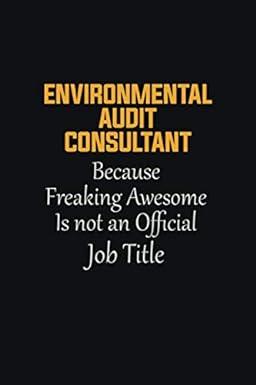Question
As chairman of an accounting firm in a large city, you were prepared to promote one of your vice chairmen to the position of managing
As chairman of an accounting firm in a large city, you were prepared to promote one of your vice chairmen to the position of managing partner. Your decision was based on a record of outstanding performance by this person over the eight years she has been with the firm. A new personnel director recently insisted on implementing a policy of rsum checks for hires and current employees receiving promotions who had not been through such checks. Unfortunately, it was discovered that although the vice chairman claimed to have an MBA from the University of Michigan, she dropped out before completing her last 20 units of course work. Would you proceed with the promotion, retain the vice chairman but not promote her, or fire her?
SAM, SALLY, AND HECTOR
Sam, Sally, and Hector have been laid off from middle-management positions. Sam and Hector are very upset by their misfortune. They are nervous, inarticulate, and docile at an exit meeting in the personnel department and accept the severance package offered by the company (two weeks pay plus a continuation of health benefits for two weeks) without questioning its provisions. Sally, on the other hand, manifests her anxiety about job loss by becoming angry. In the exit meeting, she complains about the inadequacy of the severance package, threatens a lawsuit, and tries to negotiate more compensation. She receives an extra week of pay that the others did not get. Has the company been fair in its treatment of these employees?
After reading each incident, you must identify all relevant stakeholders and determine how they could be impacted by the decision that will be made, identify and apply at least one principle for ethical reasoning, and then consider alternative courses of action and choose the best course of action based on stakeholder impacts and the outcome of the application of the ethical principle.
Your textbook defines stakeholders as an entity that is benefitted or burdened by the actions of a corporation or whose actions may benefit or burden the corporation. Some common examples of stakeholders would include customers, employees, suppliers, stockholders, and the community.
Businesses will almost always have multiple stakeholders, and many times their interests will conflict. This means that a business decision-maker will frequently have to make a decision in the face of competing claims from different stakeholders. The question of whose interests should be prioritized requires the exercise of judgment. This skillexamining competing claims and deciding which one is the strongestis called evaluation. You will want to consider the power, urgency, and legitimacy that each stakeholder presents.
You should put yourselves in each stakeholders positionWhy do they care about the outcome of the decision? How will they be affected? What outcome would they prefer? What are their arguments in support of their preferred outcome? You will want to consider the power, urgency, and legitimacy that each stakeholder presents.
14 principle of ethical conducts
- The Categorical Imperative Act only according to that maxim by which you can at the same time will that it should become a universal law.
- The Conventionalist Ethic Business is like a game with permissive ethics and any action that does not violate the law is permitted.
- The Disclosure Rule Test an ethical decision by asking how you would feel explaining it to a wider audience such as newspaper readers, television viewers, or your family.
- The Doctrine of the Mean Virtue is achieved through moderation. Avoid behavior that is excessive or deficient of a virtue.
- The EndsMeans Ethic The end justifies the means.
- The Golden Rule Do unto others what you would have them do unto you.
- The Intuition Ethic What is good or right is understood by an inner moral sense based on character development and felt as intuition.
- Might-Equals-Right Ethic Justice is the interest of the stronger.
- The Organization Ethic Be loyal to the organization.
- The Principle of Equal Freedom A person has the right to freedom of action unless such action deprives another person of a proper freedom.
- The Proportionality Ethic A set of rules for making decisions having both good and evil consequences.
- The Rights Ethic Each person has protections and entitlements that others have a duty to respect.
- The Theory of Justice Each person should act fairly toward others in order to maintain the bonds of community.
- The Utilitarian Ethic The greatest good for the greatest number.
Step by Step Solution
There are 3 Steps involved in it
Step: 1

Get Instant Access to Expert-Tailored Solutions
See step-by-step solutions with expert insights and AI powered tools for academic success
Step: 2

Step: 3

Ace Your Homework with AI
Get the answers you need in no time with our AI-driven, step-by-step assistance
Get Started


